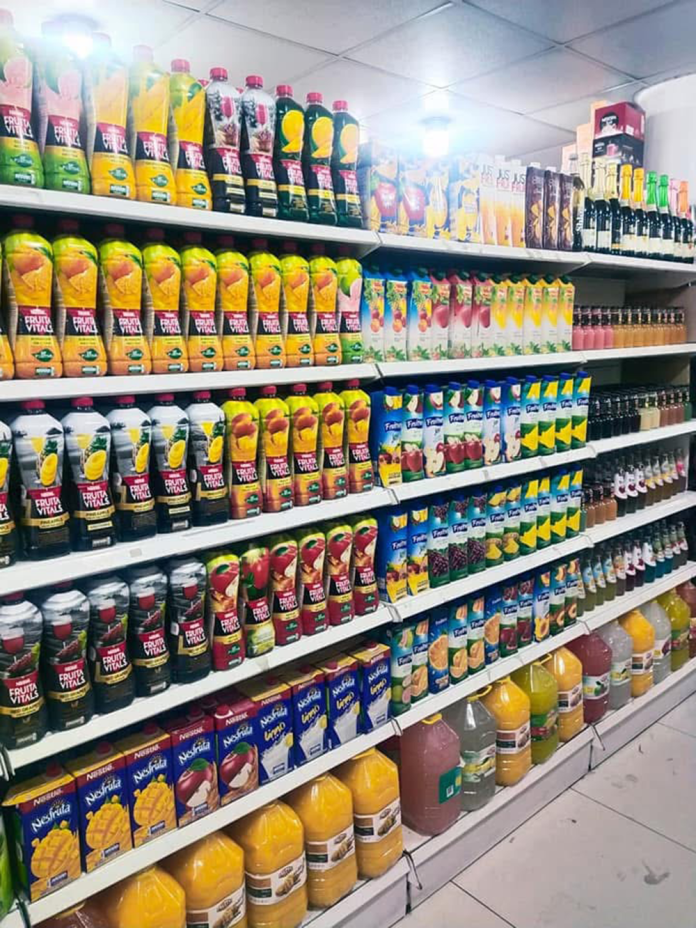What used to be a simple drink of fruit juice has now become a luxury item. Why? Because nearly half the price of your juice box is now just tax.
The formal packaged juice industry in Pakistan is warning of a full-blown crisis. With a staggering 20% Federal Excise Duty (FED) slapped on top of 18% General Sales Tax (GST) since the 2023-24 budget, the industry says it’s being taxed into collapse, and it’s taking farmers, consumers, and the industry down with it.
According to the Fruit Juice Council, sales have crashed by 45% in just one year. Revenue has plunged from PKR 72 billion to PKR 42 billion, investment has dried up, factories are operating below capacity, and no new players are stepping in, causing the sector to wither away, piece by piece.
“Once considered a healthy choice, juice is now increasingly being left off consumers’ grocery lists,” an industry insider shared. “People can’t justify paying this much — and it’s difficult to keep prices down with this tax load.”
It’s not just the companies feeling the heat. Consumers are being pushed toward cheap, unregulated drinks that are often low in quality, and contain little to no real fruit. Meanwhile, the informal sector is booming — unregistered manufacturers are selling untaxed, unregulated products with zero food safety checks. The result? More health risks and even fewer solutions on the table.
The impact doesn’t stop there. Pakistan’s fruit farmers — especially mango growers — are also suffering. The formal juice sector was once a major buyer of local fruit, purchasing over 100,000 tons annually. That number is falling fast. Mango procurement alone has dropped from 31,000 tons to just over 20,000 in a few years. This decline means more fruit is going to waste, and farmers are struggling to sell during peak seasons.
“This isn’t just a business issue anymore,” one farmer in Punjab told Startup Pakistan. “It’s hurting rural livelihoods.”
On top of that, experts are raising alarms about the public health fallout. Real packaged juice provides essential vitamins and hydration, especially important in a country facing nutrition-related health challenges. Now, many of those healthier, regulated products are simply too expensive for everyday families.
The industry says it isn’t asking for miracles. Just a small 5% reduction in FED could help the sector breathe again, providing a much-needed relief.
They’re also pushing for the creation of a joint government-industry task force to track down and regulate the informal players flooding the market with substandard products.
Because right now? Juice is barely making the cut on grocery lists, losing its spot on the health menu.


